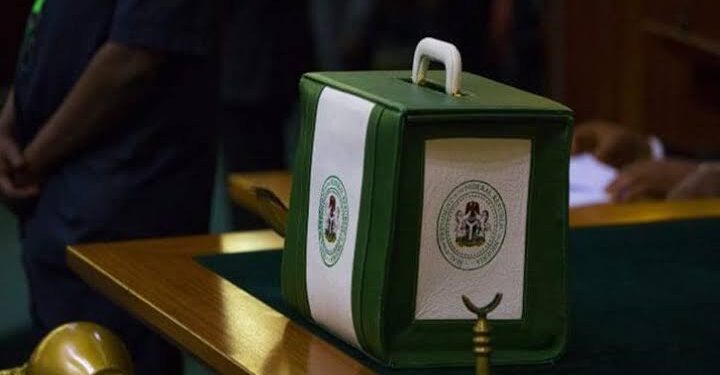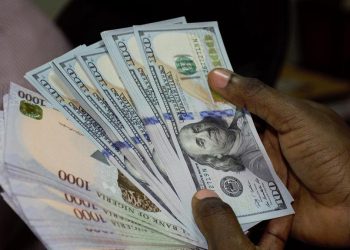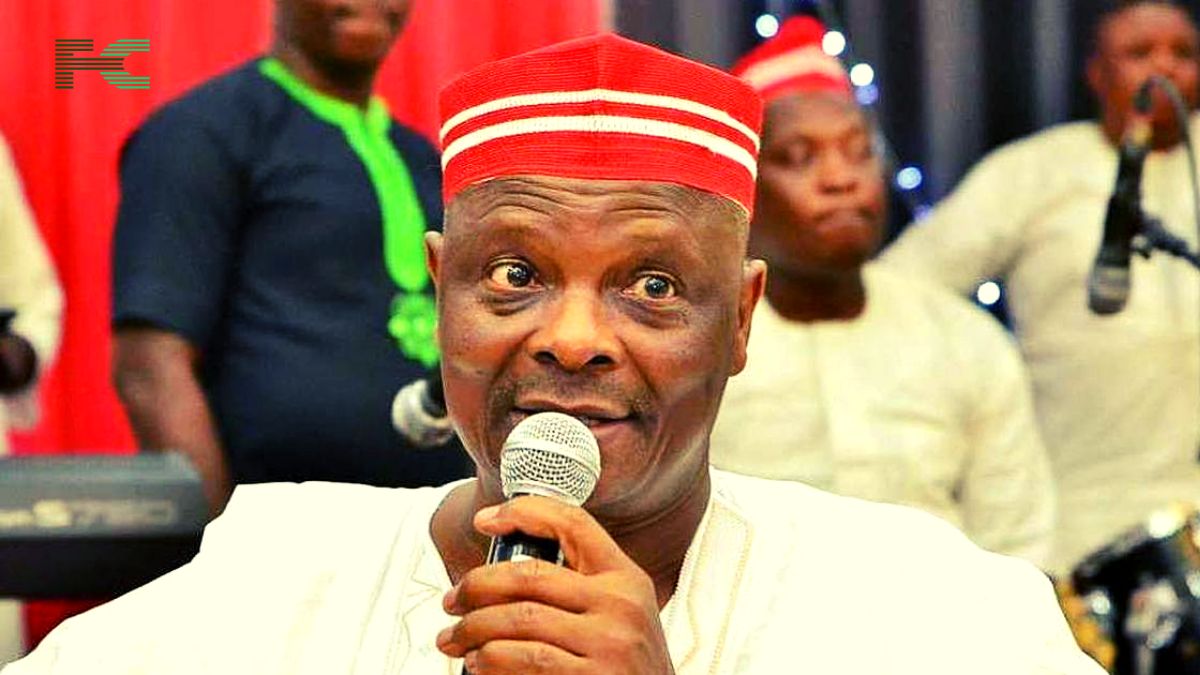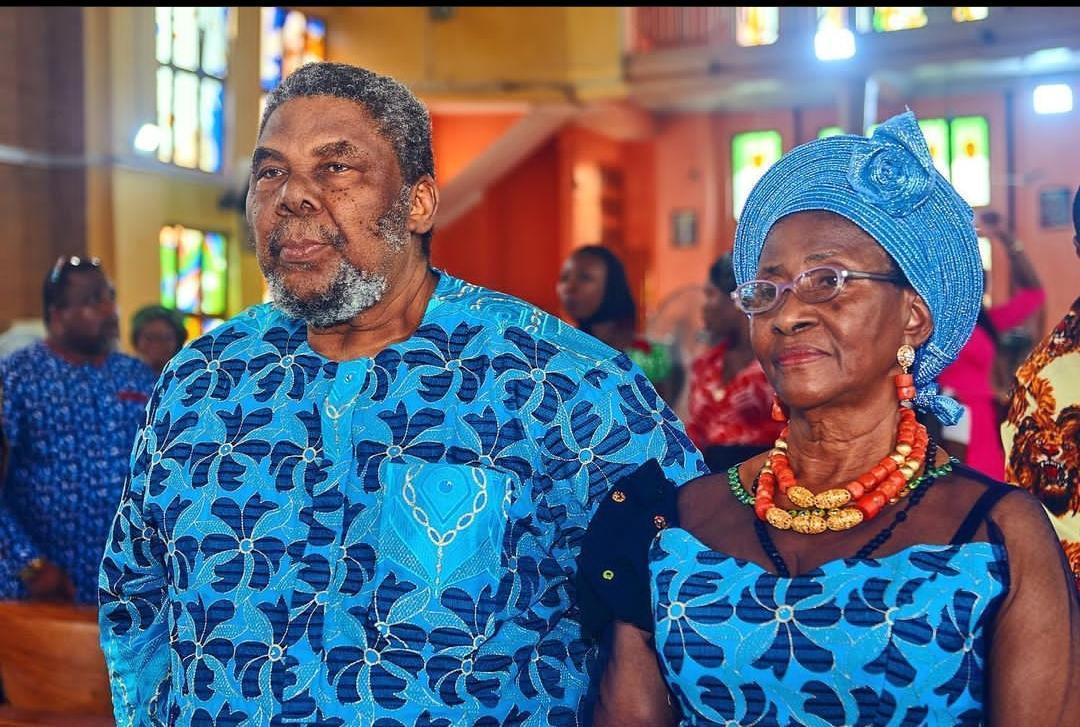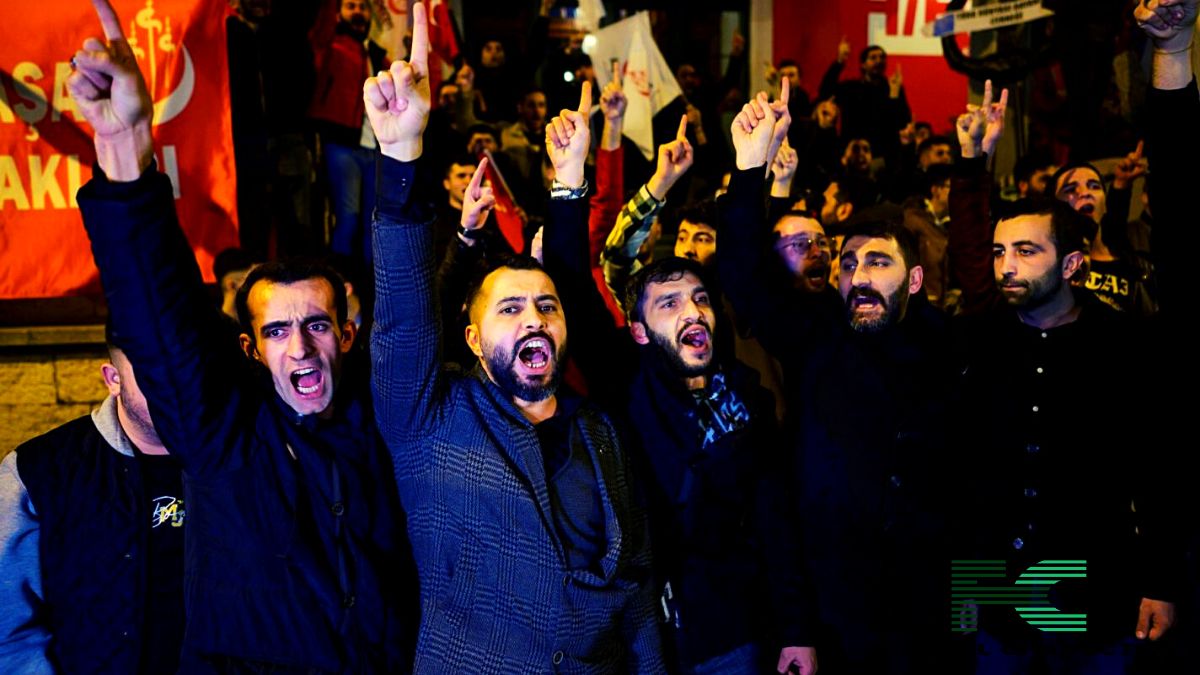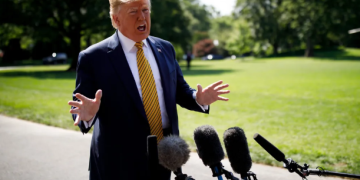As 2025 approaches, Nigeria’s budget is back in the spotlight. Or is it really? Every year, the budget process feels like a highly-anticipated event that often fails to meet expectations. It has turned into a show filled with suspense, promises, and increasingly inventive ways to let people down. When it comes to Nigeria’s biggest challenges—security and healthcare—the big question is: Will this year bring real change? Or will we see the same old budget tricks that make us question whether the country’s future is in the hands of a well-meaning but completely ineffective magician?
Every year, Nigerians face the dangers of crime, violence, and lack of order. The government says it will improve security by spending a lot of money. In 2025, they promise even more funds, resources, and technology to deal with these problems. But every year, the growing security budget raises questions about where the money really goes. Perhaps the real question we should be asking is: “Will the security budget be spent on actually securing the nation, or will it once again end up enriching the pockets of contractors with impeccable political connections?”
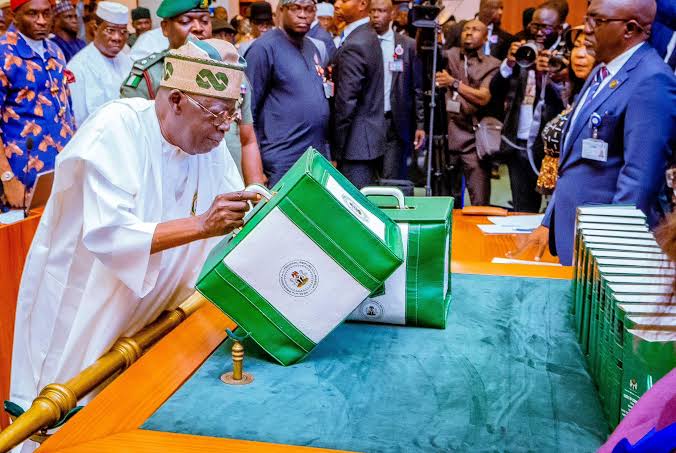
Imagine the grand drama that awaits us when the 2025 budget is finally unveiled. Will we hear about plans for helicopters that won’t arrive until 2027? Will the police get new armored vehicles, only to leave them unused under a cover somewhere, while the streets stay unsafe?
As more promises are made, Nigeria keeps facing problems, but the same people keep telling us that this year will finally be the one where the budget matches reality. By 2025, we can only hope for more than just announcements about committees and plans. The real situation, though, is worse: Every year, the security budget increases, but it only makes things worse.
A Healthcare System in Perpetual Crisis: A Budget Built on Broken Hearts
Nigeria’s healthcare system, like its security system, is just an illusion. Every year, the budget is meant to fix the issues: the overcrowded, poorly funded hospitals, a shortage of medical staff, and the bad state of primary health care. But for every well-meaning allocation, there’s a story of a dilapidated facility, an absent nurse, or a critical drug that somehow never made it to the pharmacy shelves.
Perhaps the most tragic aspect of Nigeria’s health crisis is the fact that the country spends billions annually on medical tourism. Nigerian politicians travel overseas for treatment, while regular people have to manage with poorly staffed hospitals where even basic medical care is hard to get. In 2025, we’ll probably hear the same promises again—new hospitals, better equipment, and more funding for healthcare. But let’s be honest. The money will either disappear because of corruption or be used to send our leaders abroad for treatment, leaving regular people with very little.
And then there’s the ever-present charade of “health reforms” that seem to be as permanent as Nigeria’s national anthem. In 2025, the budget might promise to finally fix the lack of funding for healthcare, but don’t be surprised if more funding allocated goes to ‘research’ and ‘planning’ instead. After all, studying health issues costs a lot less than actually improving healthcare.
Balancing Security and Health: Nigeria’s Big Challenge
And here we arrive at Nigeria’s ultimate balancing act: security vs. health. How does a nation prioritize the two, when both are so crucial to the survival of its people? Year after year, the budget seems to make grandiose attempts at tackling both issues—but always leaves much to be desired.
If the government really wants to improve security, it should stop wasting money on military and police systems that don’t work. Instead, it should fix the real problems: poverty, joblessness, and unfair treatment. To protect the country’s future, more attention needs to be given to improving the economy and society. And if the health system is going to get better, it needs a clear plan—not just empty promises that “next year will be better.” Nigeria can’t keep spending money on things that don’t help its people. The cost of not taking action is not just about money—it’s about losing hope.
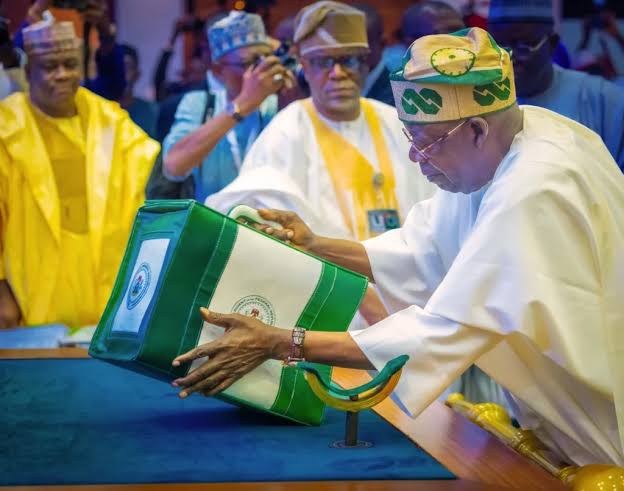
The 2025 Budget: More Promises, More Drama, Same Results?
As the 2025 budget moves through the complicated political process, one thing is clear: we can expect more promises, more discussions, and maybe the most exciting budget announcement of the year. Will 2025 be the year Nigeria finally deals with its security issues effectively? Will the health system improve from its current poor state to one that helps everyone, not just the rich?
Let’s be honest. The 2025 budget will probably be similar to those from previous years. It will promise a better future, but by 2026, we’ll still be in the same hospitals, avoiding danger on the same unsafe streets, and wondering if these promises will ever become real changes.
Nigeria needs more than just a “good budget speech.” It needs real improvements, based on fair money distribution and a true effort to solve problems. But until that happens, we’ll keep seeing the same old issues. And in the end, we’ll only get the same unfulfilled promises—this time, written in a new budget document.

